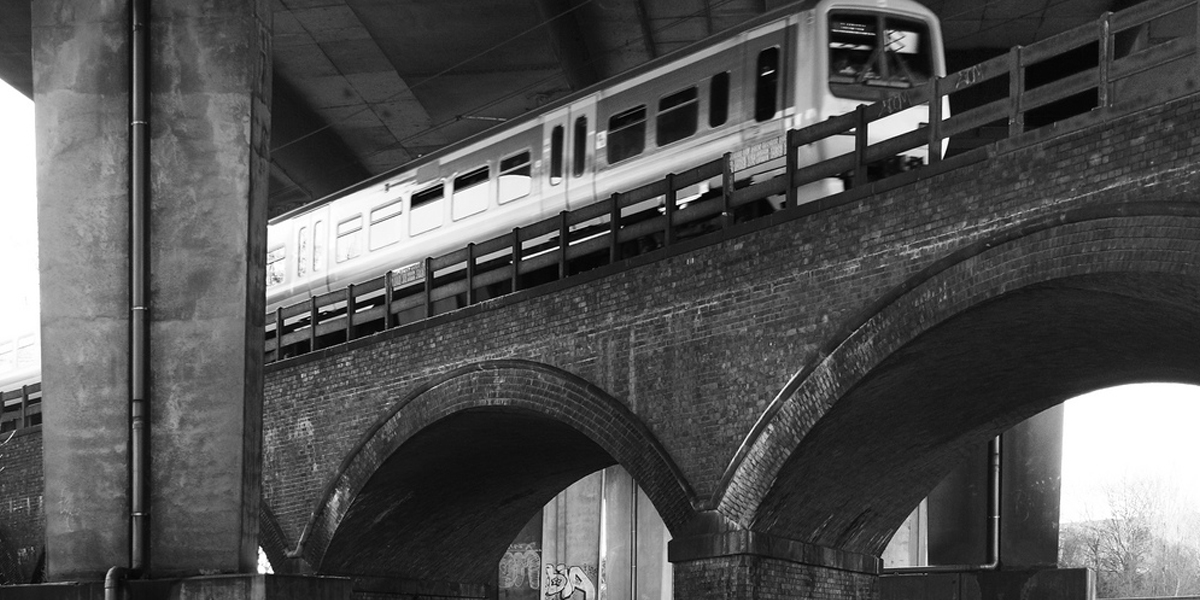The real reasons to value transport infrastructure
With the political progress of HS2 being closely tracked, and the recent output of the Davies Commission and the Armitt Review, a great number of column inches are being devoted to debating the future of major transport infrastructure provision in...
With the political progress of HS2 being closely tracked, and the recent output of the Davies Commission and the Armitt Review, a great number of column inches are being devoted to debating the future of major transport infrastructure provision in the UK.
Some of the typical questions heard during this debate include: ‘How much should the taxpayer pay, if anything, to provide train passengers with a quicker journey from Birmingham to Manchester, or London to Leeds?’; ‘Where in the South East should we build a new airport runway, if we should build one at all given the scale of their environmental impacts?’; and ‘Why are we proposing to spend money on these kind of projects when budgets in other areas are being cut?’
Politicians or industry insiders in favour of particular infrastructure developments, typically respond to such questions, respectively, in the following ways: ‘Every minute saved sitting on trains is worth X amount of pounds to business – and time is money!’; ‘Our growing population means our current infrastructure capacity is creaking and we risk losing out in the “global race”’; and, ‘Benefit/cost ratios show that, over time, money spent on infrastructure pays for itself through user charging and wider economic benefits, so we shouldn’t worry ourselves too much about the initial investment’.
Perhaps unsurprisingly, these arguments have failed to inspire the nation. They have done little to argue the case for how and why we should be providing new and improved transport infrastructure.
The main reason these arguments have fallen flat is because the vast majority of people don’t usually spend their time relating events in their own lives to the ‘global race’ – whatever that might be – or subtracting the time they spend in transit from their companies’ balance sheets. Somewhere along the way we – or at least the policymakers and analysts trying to convince us of their schemes – have lost touch with the deeper reasons why we value transport infrastructure.
Transport infrastructure is not only critically important to the UK’s economy and society, ensuring that places are able to attract the highly skilled, highly mobile workers of the knowledge economy. It also shapes the development of the places in which we live and how we are able to interact with them. Most fundamentally, its provision enables people to live their lives and carry out essential activities related to employment, health, education, or recreation.
That’s why the planning community is pushing to change the debate around transport infrastructure and how the public values it. After all, planners need to have an ingrained understanding of place and connectivity. So the Royal Town Planning Institute wants to encourage policymakers and analysts to arrive at a better, broader consensus about the real value of transport infrastructure.
In order to do this, we need to develop a much more holistic understanding of the benefits of such infrastructure, which allows us to move beyond the current narrow or mechanistic methods of evaluating costs and benefits. What are the tangible, visible and everyday benefits that the average citizen derives from transport infrastructure? Such benefits can include; helping individuals to find meaningful and fulfilling employment, or enabling entrepreneurs and businesses to achieve their commercial goals; transforming and regenerating places for the benefit of entire communities through infrastructure-led development projects; and unlocking land for new homes, thereby increasing the housing supply and helping individuals and families onto the housing ladder.
Because the RTPI think planners have a vital role to play in leading the debate, we have recently launched a new policy paper on Capturing the Wider Benefits of Investment in Transport Infrastructure. The report makes a set of recommendations about how we believe policymakers, analysts, and professionals should evaluate and capture the real benefits of transport infrastructure.
David Pendlebury is Policy and Networks Assistant at the RTPI and is the policy lead within the areas of major transport and infrastructure planning.
